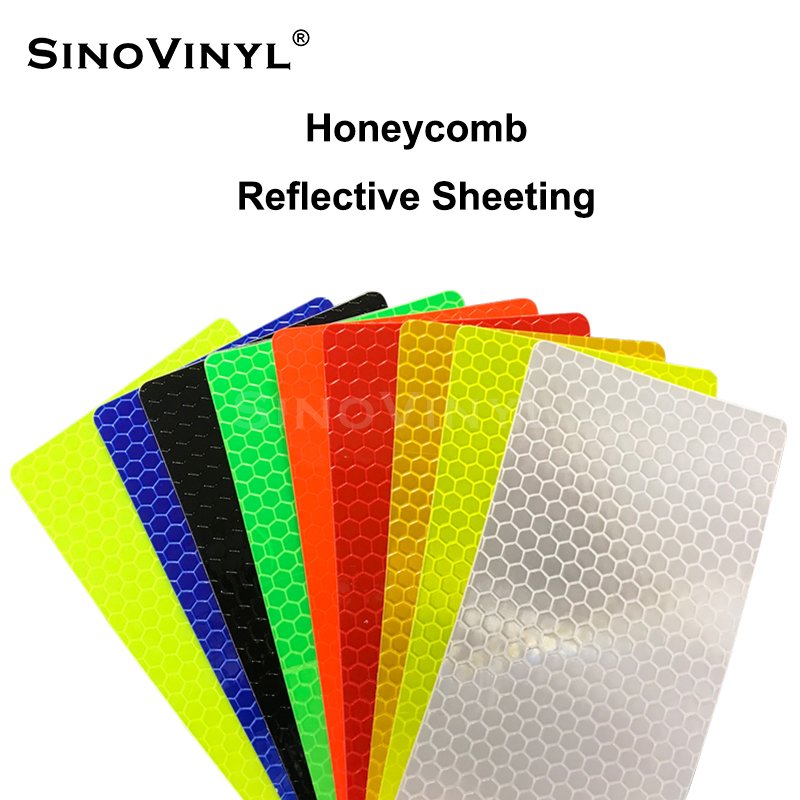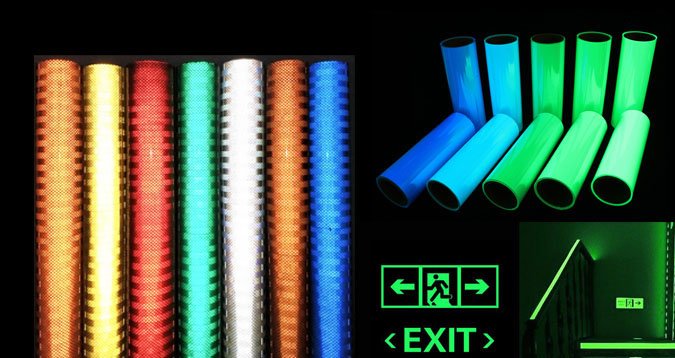Honeycomb pattern reflective film offers a unique and eco-friendly way to increase visibility and improve road safety. In this blog, we explore why honeycomb reflective film is a sustainable choice.
What is Honeycomb Pattern Reflective Film?
Honeycomb pattern reflective film is a type of reflective film that uses a honeycomb pattern to reflect light. The honeycomb pattern is made up of small hexagonal cells that work together to reflect light back in all directions. This film is often used in road safety signs and traffic cones, but it can also be used in vehicle markings and other high-visibility applications.

Why is Honeycomb Pattern Reflective Film Sustainable?
Honeycomb pattern reflective film is a sustainable choice for several reasons. First, it is made from a renewable material: aluminum. Aluminum is one of the most abundant metals on earth and can be easily recycled. Second, honeycomb reflective film requires less material to create the same level of reflectivity compared to other types of reflective film. Therefore, it generates less waste during production. Lastly, because honeycomb reflective film is more durable compared to other types of reflective film and has a longer lifespan, it can reduce the need for frequent replacements, resulting in less waste over time.
Benefits of Honeycomb Pattern Reflective Film
Aside from being eco-friendly, honeycomb pattern reflective film offers several benefits, such as:
– Improved visibility: Honeycomb pattern reflective film reflects light back in all directions, making it easier for drivers to see and avoid obstacles.
– Longer lifespan: Honeycomb pattern reflective film is more durable compared to other types of reflective film and can withstand harsh weather conditions and wear and tear.
– Increased safety: By improving visibility, honeycomb pattern reflective film can help reduce accidents and injuries on the road.

Conclusion
Honeycomb pattern reflective film is a sustainable and effective solution for improving visibility and safety on the road. Its unique design and use of a renewable resource make it an eco-friendly choice that can help reduce waste and improve road safety.










